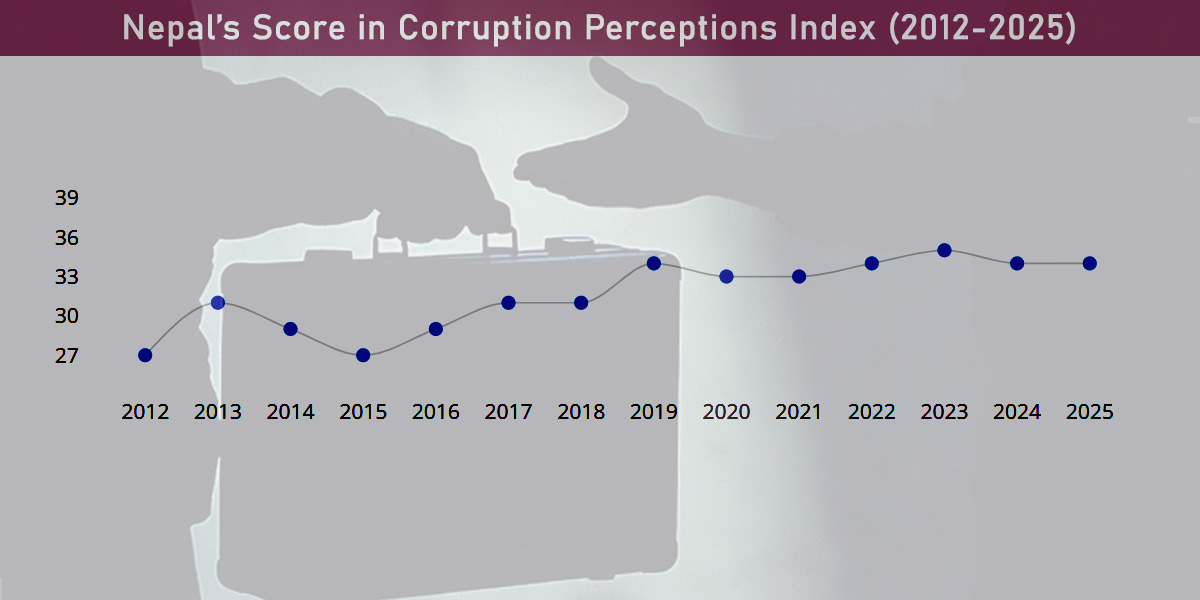
KATHMANDU: Online business (e-commerce) has seen remarkable growth in recent years, thanks to the advancement and expansion of technology. While online business has already become a significant player in the global market, it is just taking baby steps in Nepal. However, an increasing number of Nepalis are placing orders for groceries, apparel, electronics, books, and even food from the comfort of their homes and offices.
As the scope of online business increases, so has the challenge of regulating and monitoring such businesses. People involved in the sector say e-commerce has not been able to flourish as expected due to a lack of legislation. One among them is Arun Yadav from Sasto Deal.com. “The e-commerce sector has been affected by some people who are selling goods on social sites like Facebook and Instagram. While such sellers are cheating consumers, the state is also losing revenue. Because of this, there is an illusion among people that all online sellers are the same,” Yadav said, explaining the scenario of online business in Nepal.
This influx of unregulated ‘social media’ businesses has had a detrimental impact on the broader online business landscape, eroding consumer confidence. Consumers buying stuff from these businesses have no idea who to approach if the product differs from what was specified, where to lodge a complaint if the quality is subpar, and what if the product doesn’t arrive after payment. Because of this, consumers lack confidence in online shopping in general.
Even the payment system further adds to consumer skepticism towards online transactions. Challenges with online payments, such as the lack of immediate refunds for unsuccessful transactions and the convoluted refund process, have contributed to this skepticism. Additionally, the fees associated with online payment transactions across banks. Consumers are levied a fee in the range of Rs 4-10 for inter-banking transactions which is hindering the growth of online business. Likewise, high data charges of telecommunication service providers, exacerbate the issue.
E-Commerce Bill in deliberation
Recognizing these challenges, the government has taken steps to regulate online businesses through the introduction of the E-commerce Bill, 2023, in parliament. The E-commerce Bill currently in deliberation in the National Assembly covers the trade of goods and services through information technology.
Among others, the Bill requires registration of online businesses as well as listing on an electronic business portal maintained by the government. In the absence of legislation, many such businesses are operating based on different social media sites sans any registration. Furthermore, the Bill requires businesses to seek permission for services they intend to provide and list out products and services they intend to deal with. The Bill also addresses several other concerns, including the necessity of separate permission for opening branch offices, mandatory VAT or PAN registration, and the appointment of a person responsible for handling consumer complaints. In terms of consumer protection, the Bill outlines that the final selling price, inclusive of taxes, must be clearly stated. Additionally, it requires businesses to provide advance information about shipping times and any potential extra charges. Likewise, consumers must also be informed about the manufacturer of the product they are purchasing. Similarly, the Bill states that if a customer receives an item different from what was specified, they have the right to request a replacement or a refund without any additional charges.
To ensure compliance, the bill proposes penalties for errant sellers, including imprisonment for up to three years and fines of up to Rs 500,000. The penalties would apply if sellers provide substandard products, receives payments but fails to deliver goods on time and conduct online business without proper registration, among others.
Minister for Industry, Commerce, and Supply, Ramesh Rijal, underscores the importance of this legislation, stating that the law is needed to regulate and structure the online business landscape. He acknowledges the challenges posed by the absence of a legal framework for governing business conducted through electronic means.
Thriving Business
The online shopping landscape in Nepal has evolved since its inception in 2000 with platforms like muncha.com and Thamel.com. These portals initially catered to Nepalis residing in a foreign land looking to send gifts to their friends and families in Nepal. More recently, the market has experienced a surge in activity with the introduction of platforms like Daraz.com (formerly Kaymu.com).
The COVID-19 pandemic and ensuing lockdowns have further fueled the growth of e-commerce. As physical shopping options became limited, people turned to online shopping platforms in droves. This growth was complemented by the rapid expansion of digital payment methods, including mobile banking and internet banking, by banks and financial institutions.
Nepal has a user base of 21.91 million for mobile banking and 1.83 million for internet banking as of mid-July, according to the Nepal Rastra Bank. These figures indicate substantial growth compared to the previous year. This surge in digital transactions aligns with the rise of e-commerce, positioning Nepal’s online business landscape for further expansion.

 Himal Press
Himal Press ![Maha Shivaratri being celebrated across the country [With Pictures]](https://en.himalpress.com/wp-content/uploads/2026/02/HRB_KTMImage2026-02-15at7.37.40AM1.jpg)










